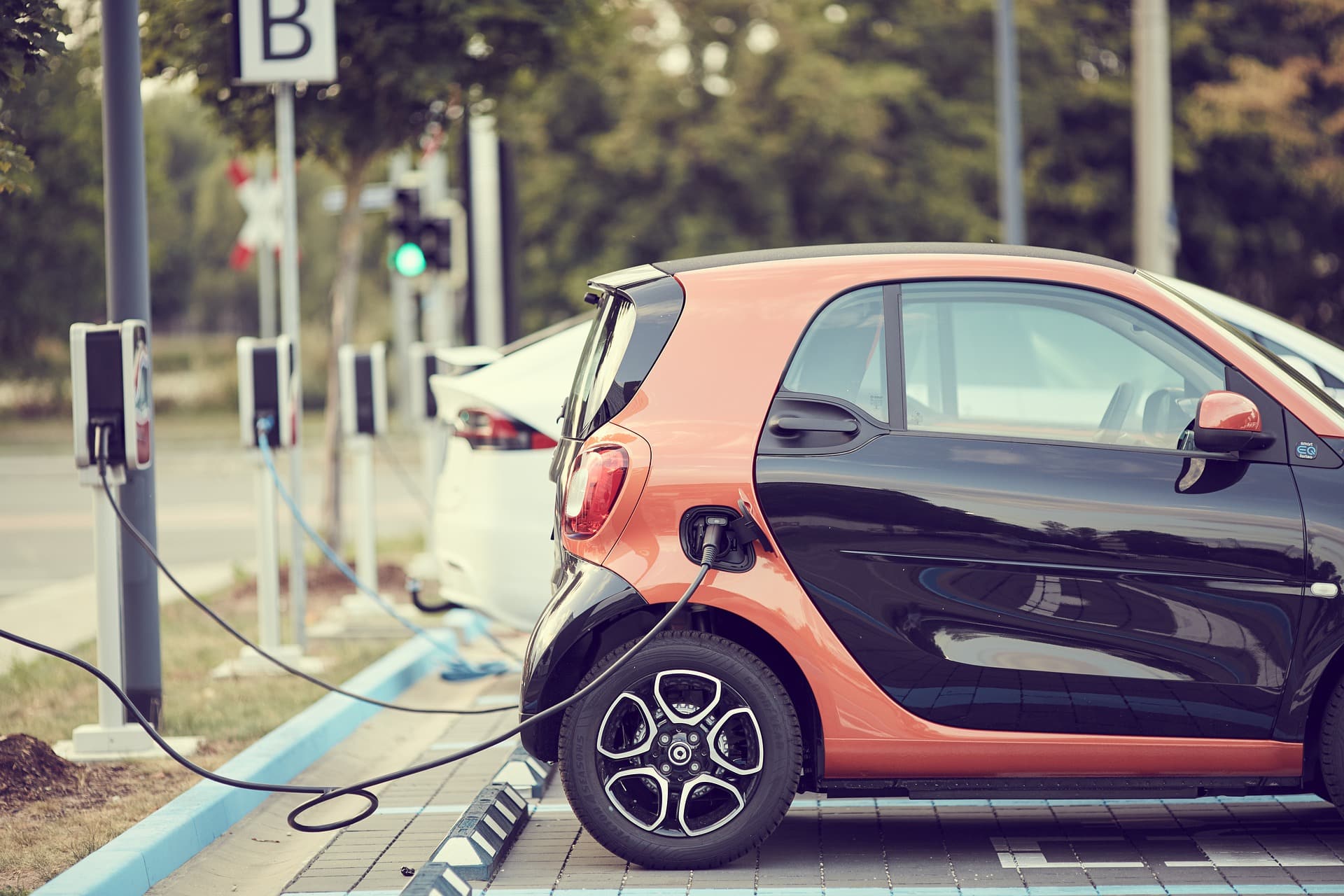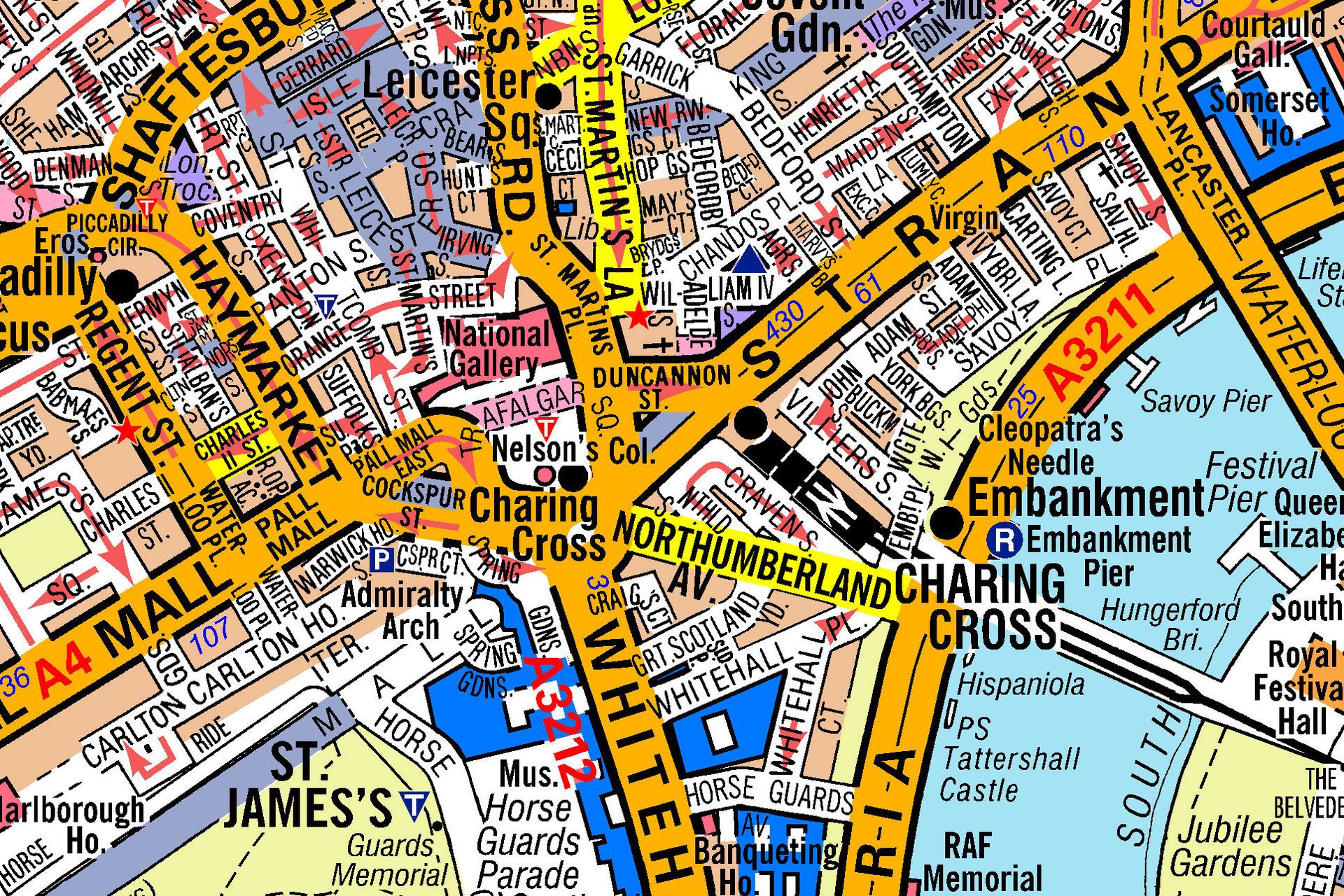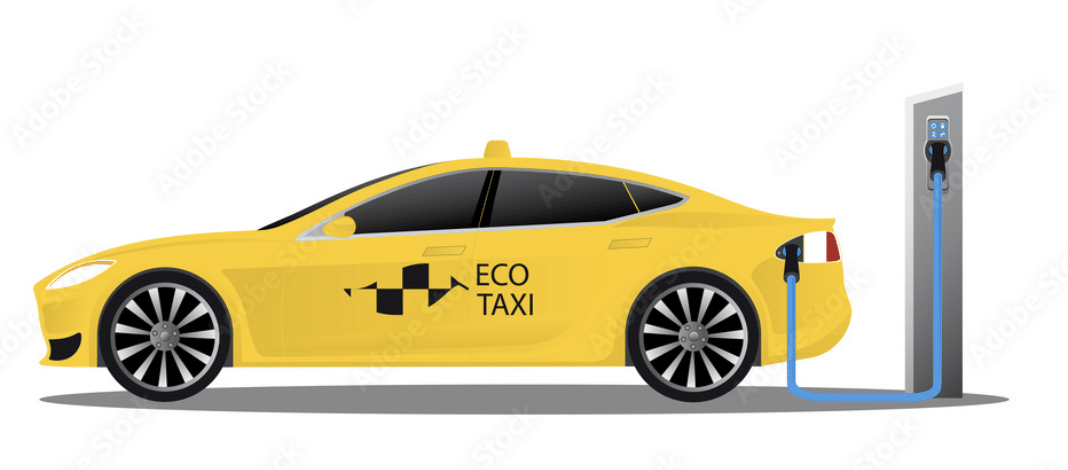The motoring world as we know it is rapidly changing. With one in ten cars registered in 2021 as electric plug-ins, the public is opting to let go of their fuel-guzzlers in favour of cheaper to run and more environmentally-friendly vehicles.
While the government’s plans for net-zero by 2050 are in full swing, no one seems to be readily prepared to discuss the £35 billion “black hole” that will be left in the wake of fewer internal combustion engines on the roads.
So what does the future hole for electric car owners? Let’s take a look:
Our survey results might surprise you
Calls from MPs for some sort of electric car tax has sent some electric vehicle (EV) drivers into a frenzy! Promises of zero road tax and other perks such as half-price “fuel” have meant many drivers have taken the plunge.
But with, the growing “black hole” in UK finances as more and more of you take up the EV mantle has meant that a new taxation model may be enforced to plug the gap.
When we asked 2,500 of our customers their thoughts about the potential changes, 86% said they wouldn’t want to pay tax, while 14% would chip in to help with the fuel crisis.
What is vehicle excise duty and fuel duty?
Together, Vehicle Excise Duty (VED) and fuel duty raise around £35 billion a year, but neither tax applies to pure electric vehicles.
VED is better known as road tax which mostly affects cars registered from 1 April 2017 onwards. Your price band will vary depending on the amount of carbon dioxide (CO2) emissions your vehicle produces.
All vehicles except for zero-emission cars are subject to a flat Standard Rate (SR) of £140 each year. Any vehicle which exceeds a £40,000 list price will have a £310 SR supplement attached for the first five years of ownership, where an SR is paid.
So if your vehicle produces between 1-50g of CO2 per kilometre, you will pay £10 SR if your car was registered post-April 2017. Likewise, if your car emits over 255g of CO2 per km, you will pay a hefty £2,000 SR.
But the biggest kick in the teeth for EV owners comes from the expectation to cover the cost of fuel duty, which is taxed at the pump every time you fill your car up at the station.
Race for electric
2021 saw a huge rise in sales for battery electric vehicles, with more than one in ten new cars registered, according to the Society of Motor Manufacturers and Traders.
While that is good news for the government’s plans to remove new petrol and diesel from sale by 2030, analysis via the RAC Foundation suggests that “fuel duty revenue from cars alone could be down by £5bn a year as soon as 2028 because of accelerating sales of battery-powered cars.”
In short, motorists choosing to switch to electric deserve to know what will happen next, especially if the future of taxation is set to change at the threat of shattering the promise of cheaper “per-mile running costs.”
With tensions already running high in light of the latest government scandal, this could throw a spanner in the works for those wanting to go electric and a backlash from those who have already made the switch.
“Dynamic tax charges”
Calls for urgent reforms to motoring taxation are spreading like wildfire amongst those in parliament, or the country will face an “under-resourced and congested future”, continues the report.
In their most recent report, MPs from the Transport Select Committee remarked, “Zero-emission vehicles shouldn’t mean zero tax revenue.”
Huw Merriman, Chair of the Transport Select Committee, further commented:
“It’s time for an honest conversation on motoring taxes. The Government’s plans to reach net-zero by 2050 are ambitious.
Zero-emission vehicles are part of that plan. However, the resulting loss of two major sources of motor taxation will leave a £35 billion black hole in finances unless the Government acts now – that’s four per cent of the entire tax-take. Only £7 billion of this goes back to the roads; schools and hospitals could be impacted if motorists don’t continue to pay.”
The report is the arrival of the turn of the tide for EV owners, and the price of switching to pure electric is starting to become clearer by the day. But what is the solution?
The countdown to net-zero has begun
As we draw closer and closer to the 2050 deadline, the government’s plans for net-zero is beginning to show its cracks.
The solution? Road pricing.
Instead of paying for VED or fuel duty, road pricing would ensure that everyone on the roads pays a fairer price based on their length of journey and type of vehicle. And the technology needed isn’t a far stretch from what is already set up across the capital.
London’s Ultra Low Emission Zone (ULEZ) uses registration plate recognition cameras to monitor who is driving within the boundaries, what type of car they are driving, and the vehicle’s amount of emissions.
To set a similar level of innovative technology across the whole of the UK may sound like a stretch, but with other emission fighting schemes coming into force up and down the country in the guide of Clean Air Zones (CAZ), road pricing seems like the obvious solution.
Merriman further concluded in his report that by using price “as a lever, we could offer better prices at less congested times and have technology compare these directly to public transport alternatives. By offering choice, we can deliver for the driver and for the environment. Road pricing should not cost motorists more, overall, or undermine progress on active travel.”
Invasion of privacy?
To measure road pricing effectively, number plate recognition cameras won’t be enough. Instead, motorists will likely be asked to use a telematics system that can track their movements, such as GPS or a measured app on their Smartphone or Android device.
But is this a step too far and a potential invasion of privacy?
Today, most young drivers are asked to install a black box so that insurance companies can monitor their driving habits to keep their premiums down. So the public is already susceptible to providing data access for services and systems on offer.
John O’Connell, chief executive of the TaxPayers’ Alliance, comments, “road pricing, cannot just be a tool for the taxman to replace lost revenues, given that drivers are already often overtaxed.” If the public is to accept road pricing, then a “system should be set up to only consider cutting congestion on the roads, not raising any more money it needs to do that.”
New charging mechanism
With more pull towards scrapping current motoring taxes in favour of a new charging mechanism, the Transport Select Committee proposes:
- Nothing is added on to the current fuel duty and VED, but instead, a complete overhaul is needed
- “Revenue neutral” with little or no change to what motorists pay already
- Vulnerable groups and those living in rural areas need to be considered, and any impact road pricing may have
- Doesn’t take away from the “increased active travel and public transport modal shift”
- Any data capture must protect the privacy and be subject to “rigorous governance and oversight.”
Yes, promises were made to entice drivers to go electric. But with a changing shift to an “alternative road charging mechanism,” anyone behind the wheel should be counted as a road user regardless of the technology they drive. After all, if the future is electric, then who will be left to pay for the maintenance and use of roads?
However, without the incentive to buy a vehicle that sports cleaner emissions, the uptake will likely slow down as a result of changing expectations for EV owners.
Something’s got to give
Zooming in on the capital’s ULEZ scheme, official records published by the Ministry of Housing, Communities & Local Government for the financial year 2019-20 show that the Greater London Assembly netted an impressive £267 million from congestion-related charges alone. Interestingly, the takings were just £160 million in the previous year.
Pure electric vehicle owners are currently exempt from paying emission-related taxes, whether ULEZ or Clean Air Zone (CAZ) fees, as they produce zero emissions. But what happens when the percentage of emission-producing vehicles plummets?
Combined with the looming fears of motoring tax reforms, it’s Catch 22 for electric car drivers. In eight short years, the face of driving will change forever. No longer will you be able to purchase a new diesel or petrol car or van, and your options will be either the used car market or going electric.
With no clear plans from Rishi Sunak at present and seemingly only mild interest from Sadiq Khan, only time will tell.
What are your thoughts about the road tax “black hole”? Whether you’re an EV owner yet or not, the future is becoming more and more uncertain for road users.





